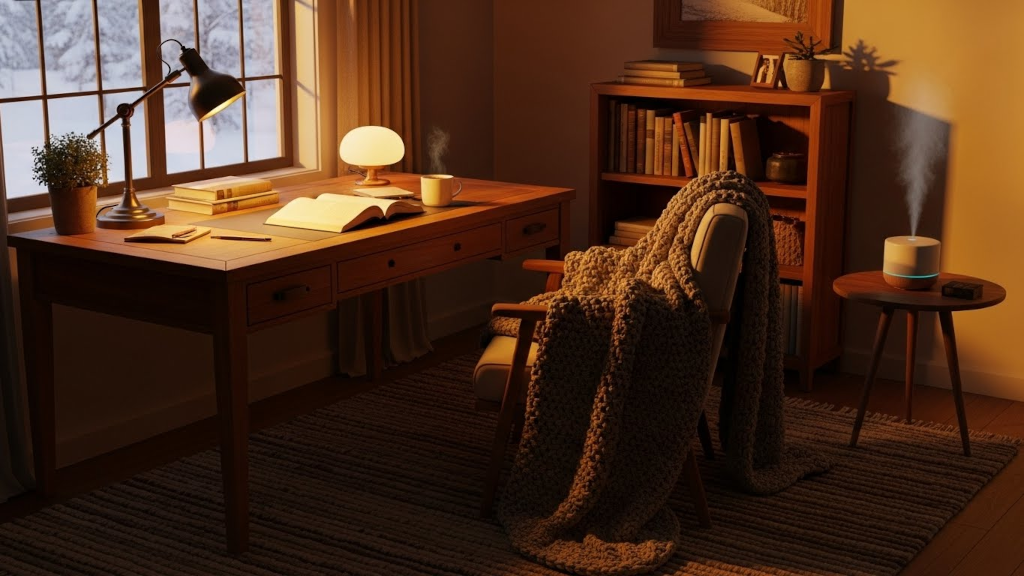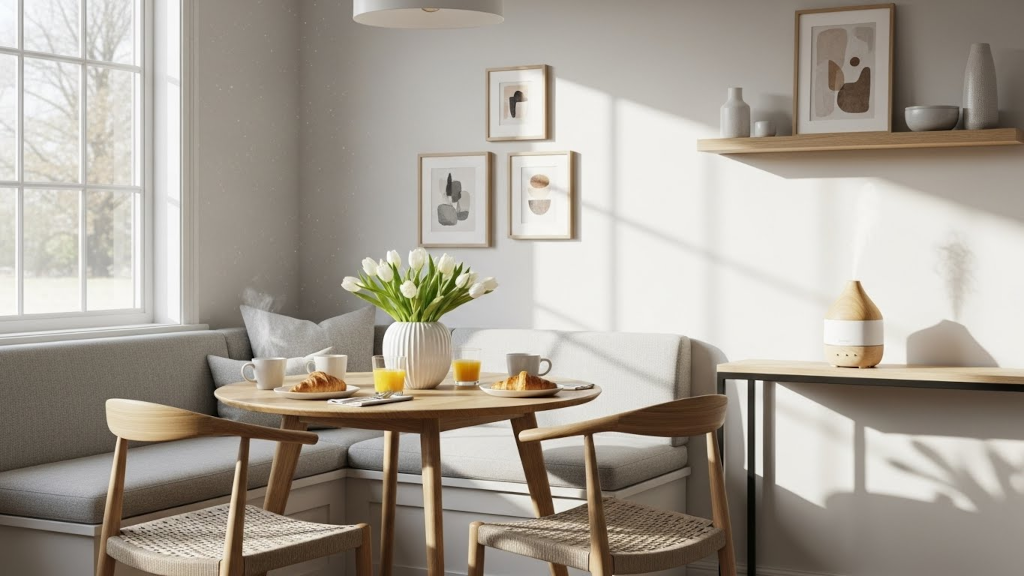We often associate fragrance with mood or ambiance, but scent may also have a measurable impact on sleep quality. While many people use calming oils in their bedroom to help unwind at the end of the day, researchers have begun to explore how specific aromatic compounds might influence sleep cycles, restfulness, and even dream patterns. This is not just about setting a relaxing tone. It's about understanding how fragrance interacts with the brain and body while we sleep.
Scent as a Sensory Pathway
Our sense of smell remains active even when we're asleep. The olfactory system continues to process scent molecules throughout the night, quietly influencing the central nervous system. This ongoing interaction makes fragrance a subtle but powerful tool for shaping the quality of rest.
Unlike sound or light, scent rarely causes sleep disturbances. In fact, it may enhance the sleep environment by supporting a state of emotional calm and promoting physiological conditions that encourage deeper rest. This is why so many people instinctively reach for aroma-based solutions when trying to create a restful nighttime routine.
What the Studies Show
Several peer-reviewed studies have shown that certain scents may help people fall asleep faster or sleep more soundly. Lavender, for instance, has been studied extensively. In controlled trials, participants exposed to lavender scent before or during sleep reported better quality rest and experienced more time in slow-wave (deep) sleep. Other studies using essential oils like cedarwood, ylang-ylang, and bergamot have shown promising effects on reducing nighttime wakefulness and lowering heart rate.
In many of these cases, cold air diffusion has been shown to be a more consistent and subtle delivery method compared to topical application or pillow sprays. Diffusion allows the scent to remain present throughout the night without becoming too concentrated, helping to maintain a balanced atmosphere conducive to sleep.
The Role of Sleep Architecture
Sleep is not a singular state. It is composed of multiple cycles, including light sleep, deep sleep, and REM (rapid eye movement) sleep. Each of these stages plays a different role in cognitive processing, memory consolidation, and physical recovery. The right fragrance does not force the body into rest but supports smoother transitions between these stages.

Fragrances that influence the parasympathetic nervous system tend to be the most effective. This branch of the nervous system is responsible for the body’s rest and digest functions. When supported properly, it can help lower blood pressure, reduce stress hormones, and trigger sleep-promoting neurotransmitters like GABA and serotonin.
Fragrance and Emotional Regulation
Sleep is not only about physical recovery. It is also the time when the brain processes emotional experiences from the day. Fragrance can play a unique role in shaping how we feel before bed and how we manage emotions during sleep.
Scent is strongly tied to memory and emotion, both of which are processed during REM sleep. A consistent nighttime fragrance may help the brain create positive emotional associations and reinforce feelings of safety, comfort, or ease. Over time, this routine can become a signal to the brain that it's time to rest, making it easier to wind down both mentally and physically.
Designing a Sleep-Enhancing Scent Ritual
For those looking to improve sleep quality with fragrance, the key is intentionality. Start by selecting oils with known relaxing qualities that also resonate with you personally. There is no one-size-fits-all approach. Some individuals find floral blends more comforting, while others respond best to grounding woods or herbaceous profiles.
Once a scent or blend has been chosen, consider the timing and placement of your diffuser. Turn it on 20 to 30 minutes before bedtime to begin filling the room at a low, steady intensity. Position your cold air diffuser in a quiet corner of the bedroom, away from direct airflow or bedding, so the scent moves gently through the space.
Consistency is just as important as the scent itself. Using the same fragrance every evening helps signal your body that it is time to rest, anchoring your mind in a familiar and calming routine.
Who Benefits Most from Scented Sleep Support?
While anyone can enjoy the benefits of fragrance before bed, certain groups may find it especially helpful. Those who struggle with falling asleep due to stress or racing thoughts may benefit from aromatics that support mental quiet and emotional regulation. Shift workers, frequent travelers, or light sleepers may find that fragrance creates a more familiar sleep environment no matter where they are.
Parents sometimes use fragrance to support healthy sleep habits for children as well, choosing gentle oils to help signal bedtime in a consistent, non-verbal way. However, care should be taken when selecting oils for infants or young children, as not all fragrance oils are suitable for sensitive systems.
Final Thought
Fragrance has long been used as part of bedtime rituals, but new research shows it may do more than create a pleasant atmosphere. Scent interacts with the brain, body, and emotions to support quality rest in a quiet, continuous way. By designing a thoughtful scent ritual, using a cold air diffuser, and selecting the right oil blends, you can create a bedroom environment that nurtures sleep from the first inhale to the final exhale.
Let fragrance be part of your rest—not as a quick fix, but as a gentle, nightly companion in the pursuit of better sleep.
Related Reading: Bedroom Fragrance








